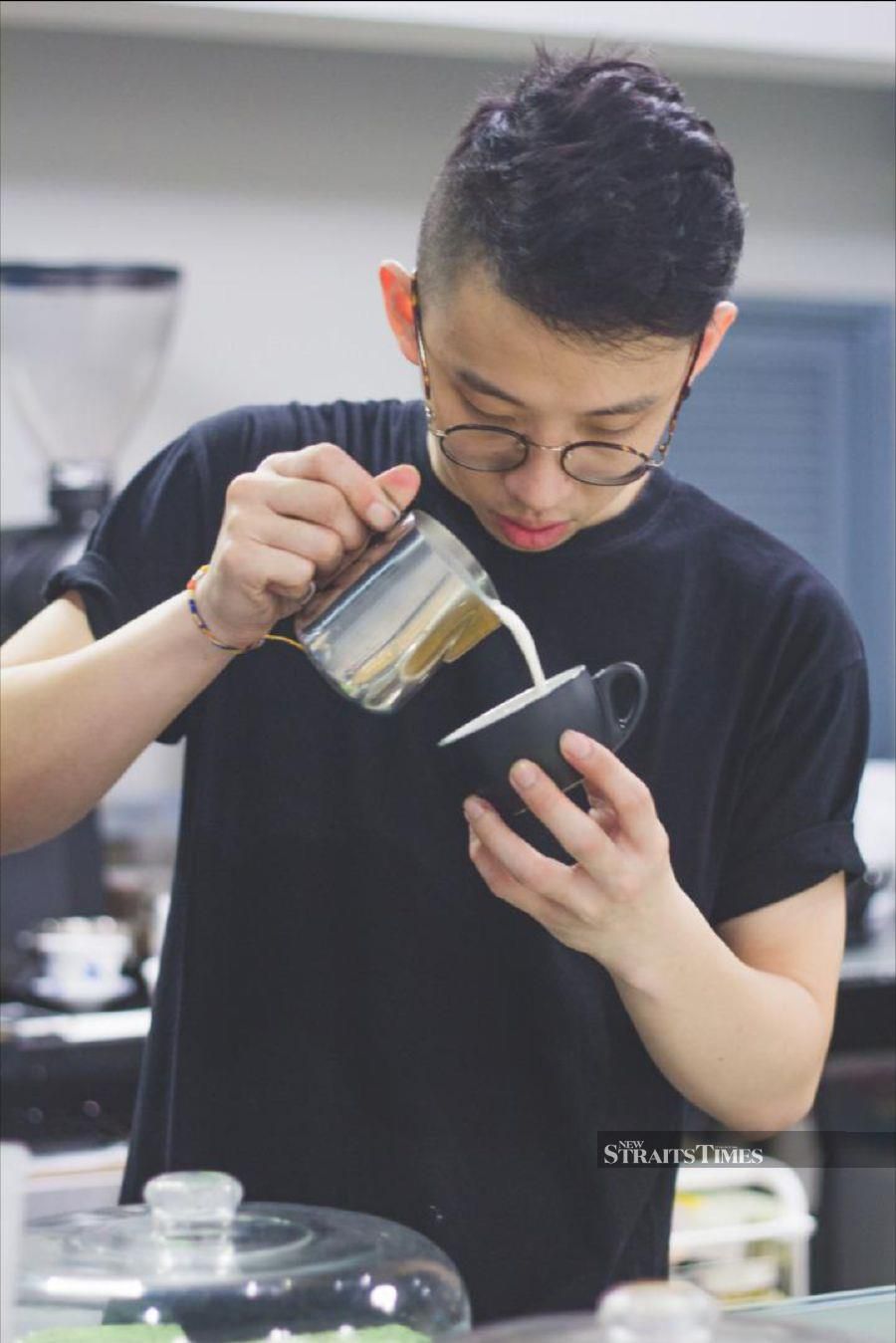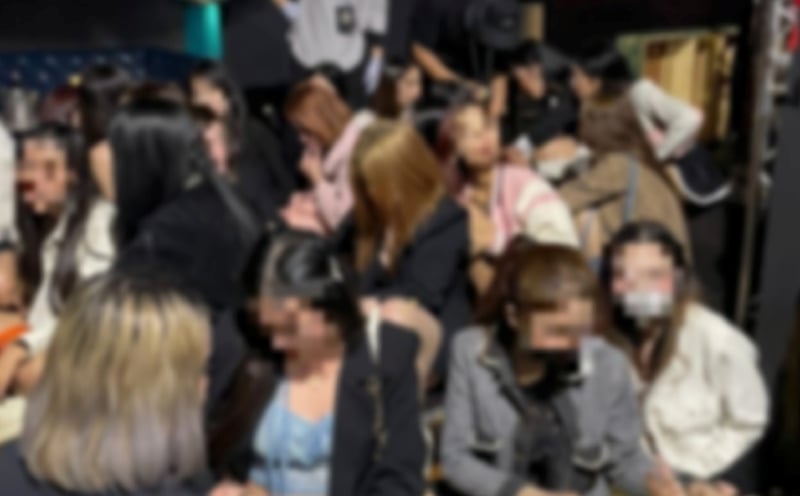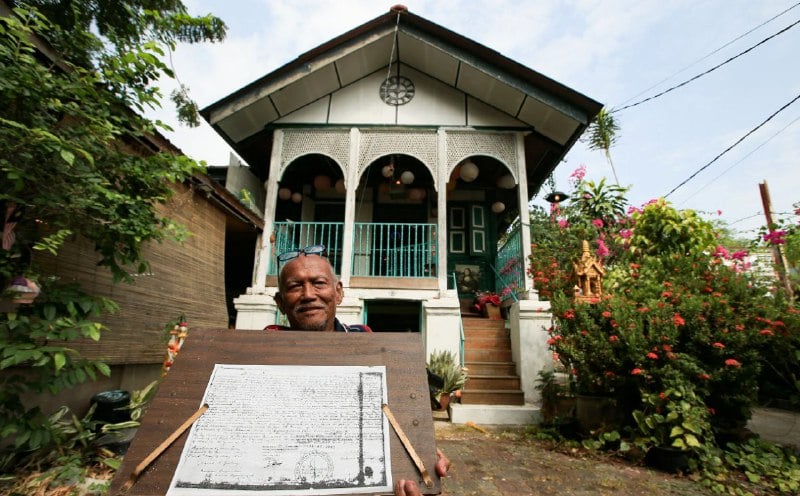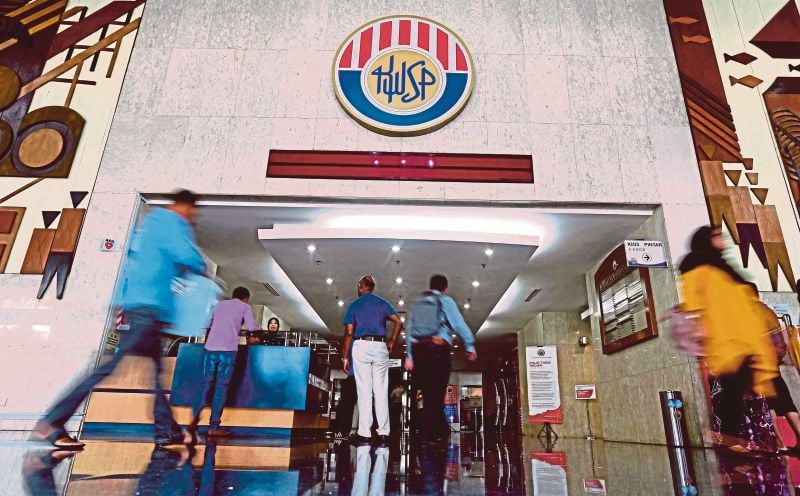YOU may not know it but baristas actually feel honoured when customers genuinely ask for information about their coffee and advice on how to brew better coffee. Pick the right cafe that actually respects coffee and the people they serve to.
It's very common for commercial cafes wanting to make a quick buck to abuse the word "Specialty Coffee" as part of their marketing strategy to position themselves better. Phoney specialty cafes don't serve specialty coffee or single-origin coffee; they exist simply to complement their cakes and food with affordable coffee.
How do you know which cafe serves proper coffee? Passionate and honest specialty cafes! They're the ones that are always transparent about their coffee. They do that because they're proud of their products.
They're the ones that put effort into every cup of coffee to make it the best they can offer. When they are passionate about their coffee, the information they share is much more trustworthy.
Get to know the baristas better, ask for their Instagram, keep in contact with them and if you have an extra bag of coffee from your latest trip to, say, Japan, share with them because you want to be known as the guy who actually loves his coffee and the community, and not the coffee snob that watches "YouTube coffee tutorials"!
ONCE YOU GO BLACK, YOU NEVER GO BACK
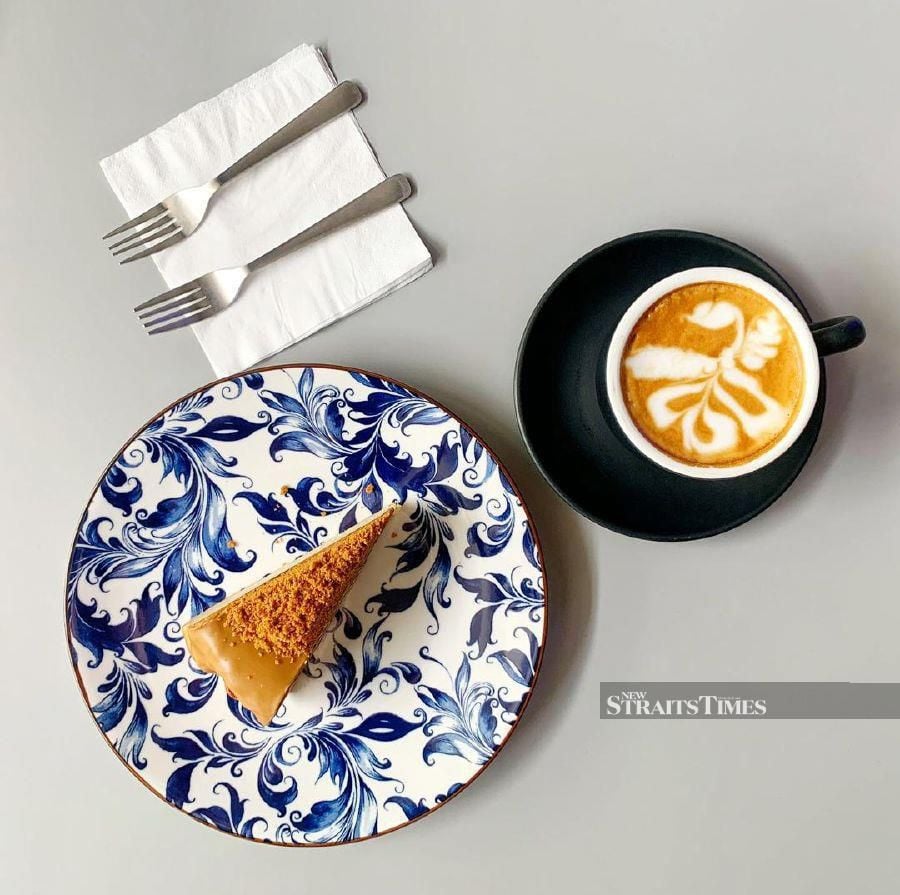
"For Black you have two options — Long Black or Pour-Over Coffee. Well, it doesn't matter which one you choose. Both methods bring out the best in coffee."
First and foremost, how you drink your coffee tells a lot about you. If you want to be a coffee connoisseur, you've got to drink coffee in its purest form. Coffee and water, that's all! You don't call yourself a whiskey connoisseur if all you drink is whiskey-based cocktails.
In the coffee industry, coffee with or without water is called Black, coffee with milk is called White. Anything else with coffee, other than water and milk, is called a "Gimmick"!
Most of the time, black coffee will taste sour and believe me, it's not spoilt! The rule of thumb is that coffee comes from fruits. Each fruit carries a unique and specific acidity and sweetness.
For example, different types of mangoes carry different intensities of sourness and sweetness. Coffee of different origins and varieties also carries a different intensity of sourness and sweetness.
Commercially-roasted coffee is roasted much darker for it to last longer and have a more uniform taste profile. Dark-roasted coffee will carry similar characteristics like burnt, earthy, bitter and tobacco-ish. Similar to deep frying a fish, deep frying removes its "fishy" smell to create a similar "deep-fried taste".
For Black, you have two options, Long Black or Pour-Over Coffee. It doesn't matter which one you choose. Both methods bring out the best of coffee because they simply aren't any other ingredients that mask the taste. This way you can learn to appreciate the multiple layers of flavour in its purest form.
A good Long Black has a medium to heavy body, is aromatic, and has a touch of acidity which then evolves into sweetness, finishing off with a pleasant lingering remnant of toffee-like sweetness.
Bitterness is rarely something you want to experience. Generally, a highly bitter aftertaste is the result of over-roasting or over-extraction.
Good filter coffee is clean, clear, and precise. This is because the water is allowed to extract coffee oils and fragrances in its own consistent time and at its own pressure.
The filter then catches a lot of oils, leading to a clean cup. Filter coffee amplifies the subtle notes that espresso cannot provide.
What coffee should you order? For starters, something straight-forward, nothing complex. Something easy to understand, like a heavy-bodied coffee with dark cocoa notes and brown sugar sweetness.
Once you're comfortable, get a cup with a fruitier note, with more floral aromatics and subtle lingering finish. Ask the baristas to recommend you and guide you further with their weekly specials. Once you're hooked with all the unique characters in a cup of coffee, you won't go back.
GET TO SECOND BASE WITH YOUR COFFEE

"Like dating, you already have a list of characters and virtues that you'd like in someone before you start searching. Same goes for coffee. Every coffee has its own unique character and taste."
How well do you know your coffee? Knowing them by their names like Long Black and Americano is as shallow as judging a person's beauty by his/her name!
Names like Ristretto, Lungo, Americano, Flat White, Piccolo, Cortado are just fictional names that cafes make up to differentiate their products.
Basically, their differentiating element is the amount of milk included or the duration of the shot's extraction time. Go deeper than that.
Every coffee has its own unique character and taste. Lightly-roasted coffee has crisp acidity, a mellow body, and bright flavours. Dark-roasted coffee has lower acidity, heavier body, and tend to have darker flavours.
Order your coffee like how you would your wine — different coffees for different settings. Going for a jog or heading to the gym? Get something strong and heavy-bodied. Meanwhile, a cup of Brazilian coffee would be the perfect pick-me-up cup.
If you're going for an evening walk or are reading your favourite novel, then go for a light-bodied and aromatic coffee like an Ethiopian or Kenyan, as the flavours develop and change from hot to cold. Enjoy the flavours evolving as you slowly sip while taking a brisk walk in the park.
COFFEE NOTES
For beginners, coffee that's produced in a region usually carries a similar characteristic. This will give you a rough idea of the origins based on coffee notes.
For example:
•Central America: Dark Chocolate, Cocoa, Brown Sugar, Spice
•South America: Sugarcane sweetness, Brown Sugar
•Brazil: Chocolate, Toffee, Spice
•Ethiopia: Berries, Floral and Sweet
•Indonesia: Smokey, Tobacco, Earthy, Full Bodied
Remembering the coffee's notes and flavour will improve your sensory and deepen your understanding of the origin's character.
Unlike the girl next door, coffee won't judge you if you get it wrong the first time! Don't be shy to ask your barista to assist you on how you can order based on the coffee's notes and flavours.
Other than high over-time pay, what baristas love more is to explain the flavours in your cuppa! Get a coffee backstory from the barista and snap a photo of the coffee's profile card or bag to add to your "coffee journal". For most specialty cafes, Coffee Profiles are printed on a card or on the bag of the coffee.
Keeping a coffee journal allows you to improve your tongue's recognition of a coffee's flavour. During your weekend cafe-hopping, pay attention to your coffee from cafe to cafe.
If any coffee flavours ring a bell, scroll down your gallery and compare the coffee you're having with the one before. This exercise will familiarise your tongue towards a certain flavour note.
Do this for a month and you'll naturally order your coffee based on notes and flavours. Specialty cafes usually serve multiple single origins in-store with each having its own unique notes, similar to a fine-dining restaurant with a well-curated wine list.
Mervin Chin is Lord of the Rinse, a.k.a. founder and barista at Rinse Cafe in Bandar Sri Damansara, Kuala Lumpur. A Business Administration Master's holder, Chin aspires to push the boundaries of his craft and the coffee landscape as we know it.


